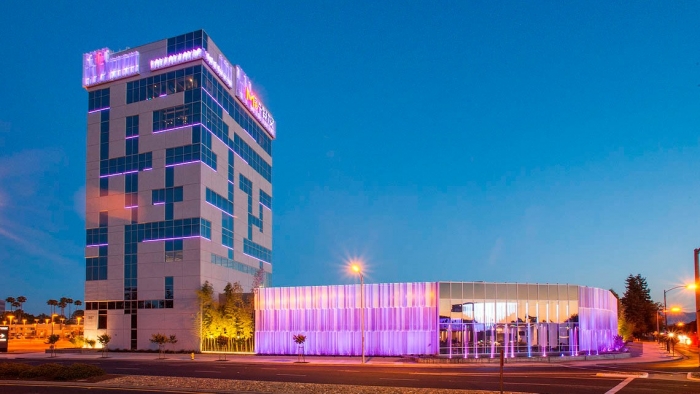In case its request for additional tables allowed by a ballot measure is found illegal
C
asino M8trix, one of the two card rooms in San Jose, California, filed a lawsuit against the city late last month seeking to have a court invalidate a measure that was slated to raise taxes on both card rooms and increase the number of table games at each venue.
The lawsuit seeks to invalidate the ballot measure in its entirety and rule that it is unenforceable. Since voters overwhelmingly passed the measure in November, the California Bureau of Gambling Control has allegedly concluded the city’s plan to expand the number of card tables across the city violated state law, the lawsuit states, as reported by East Bay Times.
Casino M8trix in December filed an application with the California Gambling Control Commission to obtain approval to increase its table games from 49 to 64, as permitted under the city’s newly passed measure, but the application is still pending. If the commission sides with the Bureau and deems the card room’s request for additional tables illegal, then Casino M8trix argues that the tax hike should be voided as well.
“Casino M8trix believes it is only fair that the increased tax that was only one part of Measure H be deferred until the additional gaming tables, which give us the ability to pay that new tax, are approved,” Robert Lindo, vice president and director of Casino Matrix, told Bay Area News Group.
Measure H, which was approved by nearly 73% of San Jose voters in November, was presented as increasing taxes on San Jose’s Casino M8trix and Bay 101 card rooms from 15% to 16.5% and allowing the casinos to each add 15 new card tables. The ballot language for the measure informed voters that it was expected to generate $15 million annually for the city services, such as fire protection, 911 emergency response, street repaid and addressing homelessness.
The increase in card tables was expected to generate $9 million — or 60% — of the anticipated funding expected to result from the measure, while the tax hike would only contribute $2 million, according to a city report. The remaining $4 million was expected to come from extending the city card room tax to businesses that provide in-house player services to the card rooms.
In the lawsuit filed in Santa Clara County Superior Court, Casino M8trix argues that there is “no evidence that the voters would have approved such a result” if the additional revenue from the increased card tables was not a part of the equation.
Under the state’s Gambling Control Act, a city is prohibited from increasing the number of card tables in a card room by 25% or more than what it had on January 1, 1996. The disagreement between the city and the state is fixated on exactly how many card tables were allowed in San Jose card rooms in 1996. The November measure would have allowed Casino M8trix and Bay 101 to increase their table limits from 49 to 64 — a 60% increase from the 40 tables allegedly permitted in 1996.
San Jose city attorney Nora Frimann said Thursday that her office is working with Casino M8trix and the California Bureau of Gambling Control to resolve the matter.
Lindo said he hopes that the state will decide to defer to the city’s interpretation of its own laws and honor the will of the voters. But if the state chooses not to, the card room filed the lawsuit as a “protective measure,” as the tax hike could cost Casino M8trix approximately $1 million annually without the concomitant benefit of added income from the anticipated increase in card tables.



